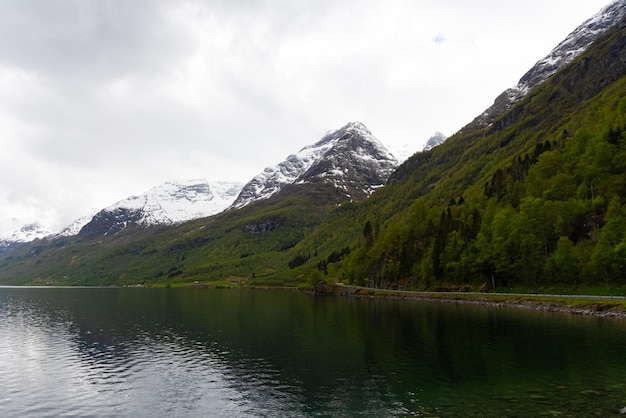
In today’s noisy world, the concept of silent travel offers a refreshing escape from daily stress. This new trend is attracting people who crave peace, self-reflection, and a deeper connection with their surroundings. It caters to everyone, from overworked professionals needing a break to mindful travelers seeking spiritual reflection.
So, what exactly is silent travel? It’s a trend that changes the way we think about travel and well-being. It contrasts with the hustle and bustle of busy cities and the hectic lifestyle of the 21st century. More people are becoming interested in silent travel as it provides a quiet place to think away from the noisy world. Silence has been scientifically shown to have many benefits. Silent travel can include activities like walking tours, hiking in nature, or visiting wellness retreats.
Silent travel experiences can vary in cost, influenced by things like accommodation, location, and the activities offered. Some options, like meditation retreats or wellness workshops, might be more expensive due to specialized programs. However, there are also budget-friendly ways to enjoy silent travel. Regardless of the price, silent travel is valuable because it allows you to relax and think deeply, offering moments of peace in a busy life. This appeals especially to solo female travelers because it emphasizes tranquility, introspection, and mindfulness, creating a sense of safety and empowerment. It allows these travelers to deeply engage with their surroundings, retreat from crowded areas, and find peace for personal growth.
Silent travel offers numerous benefits. It breaks the constant pressures and interruptions of daily life, letting people relax and recharge in peaceful places. The quiet nature of silent travel creates a perfect space for self-discovery and mindfulness practices. It’s particularly attractive to solo travelers, introverts, nature enthusiasts, and wellness seekers, giving them the freedom to explore destinations without social pressures.
Of course, silent travel might not be for everyone. Those who thrive on social interaction and external stimulation might not find it fulfilling. It’s important to consider personal preferences when deciding if silent travel aligns with your travel goals and well-being.
Professionals struggling with burnout can benefit from silent travel by immersing themselves in noise-free environments. Spiritually inclined travelers find it perfect for mindfulness and self-discovery through retreats or contemplative walks. Nature lovers can fully immerse themselves in the sounds of the natural world without human interference. Introverted travelers appreciate the opportunity to explore destinations at their own pace, free from social engagement. And for wellness seekers, silent travel offers a path to holistic rejuvenation through activities like yoga retreats, meditation workshops, and spa getaways.
Silent travel is not just a trend; it’s reshaping how we approach travel and well-being. This emerging trend addresses the needs of various types of travelers and is set to redefine the travel landscape.
Silent travel destinations like Mount Koya in Japan, Big Sur in California, the Lake District in England, Mont-Saint-Michel in France, and Rishikesh in India provide perfect settings for these quiet retreats. Mount Koya offers serene temple lodgings with meditation and vegetarian meals. Big Sur presents dramatic ocean views and ancient forests for reflective hikes. The Lake District’s tranquil lakes and landscapes offer peaceful exploration. Mont-Saint-Michel’s medieval abbey provides a silent historical experience. Rishikesh, with its yoga and wellness retreats amid beautiful natural scenery, is ideal for those seeking inner peace.
In a time filled with constant distractions, silent travel provides a much-needed antidote. It offers a transformative and revitalizing experience for those seeking peace and deep reflection. As we continue living in a busy world, the attraction of quiet travel is set to change how we experience travel, offering moments of tranquility and inner calm.







